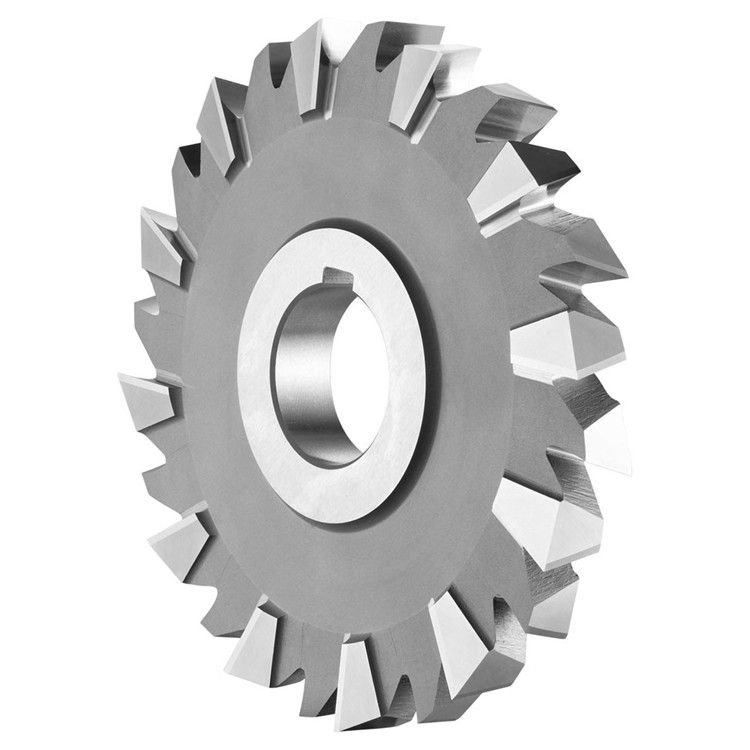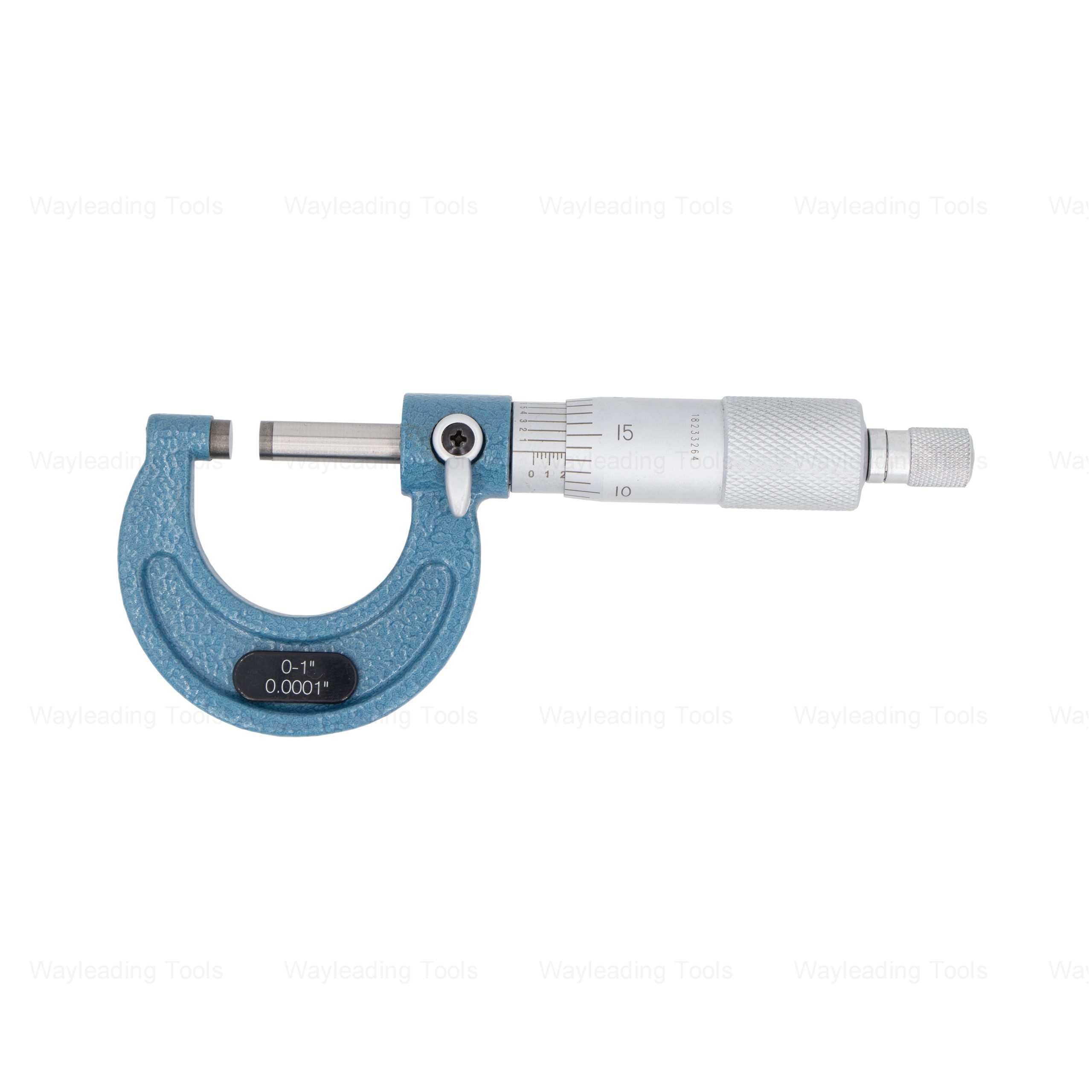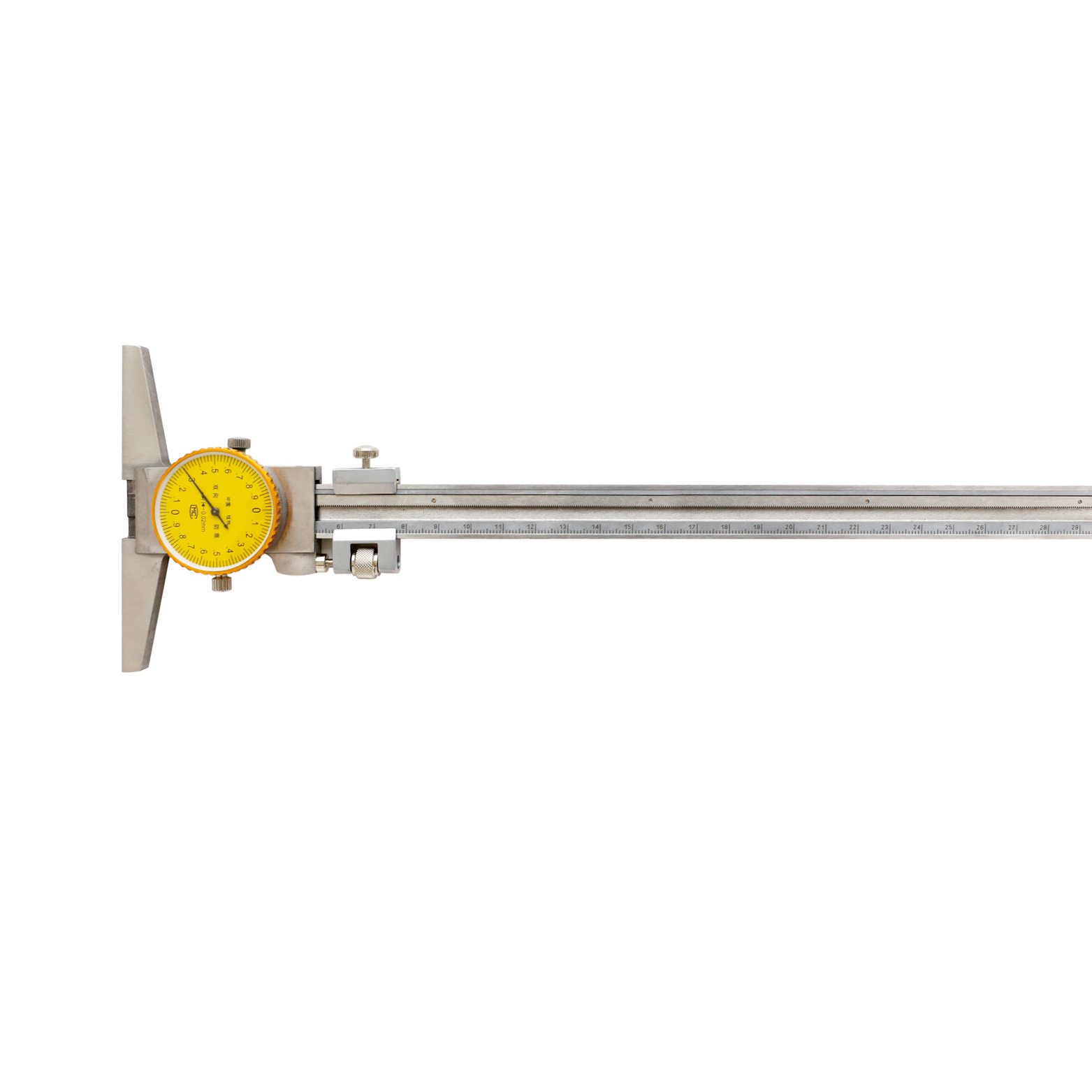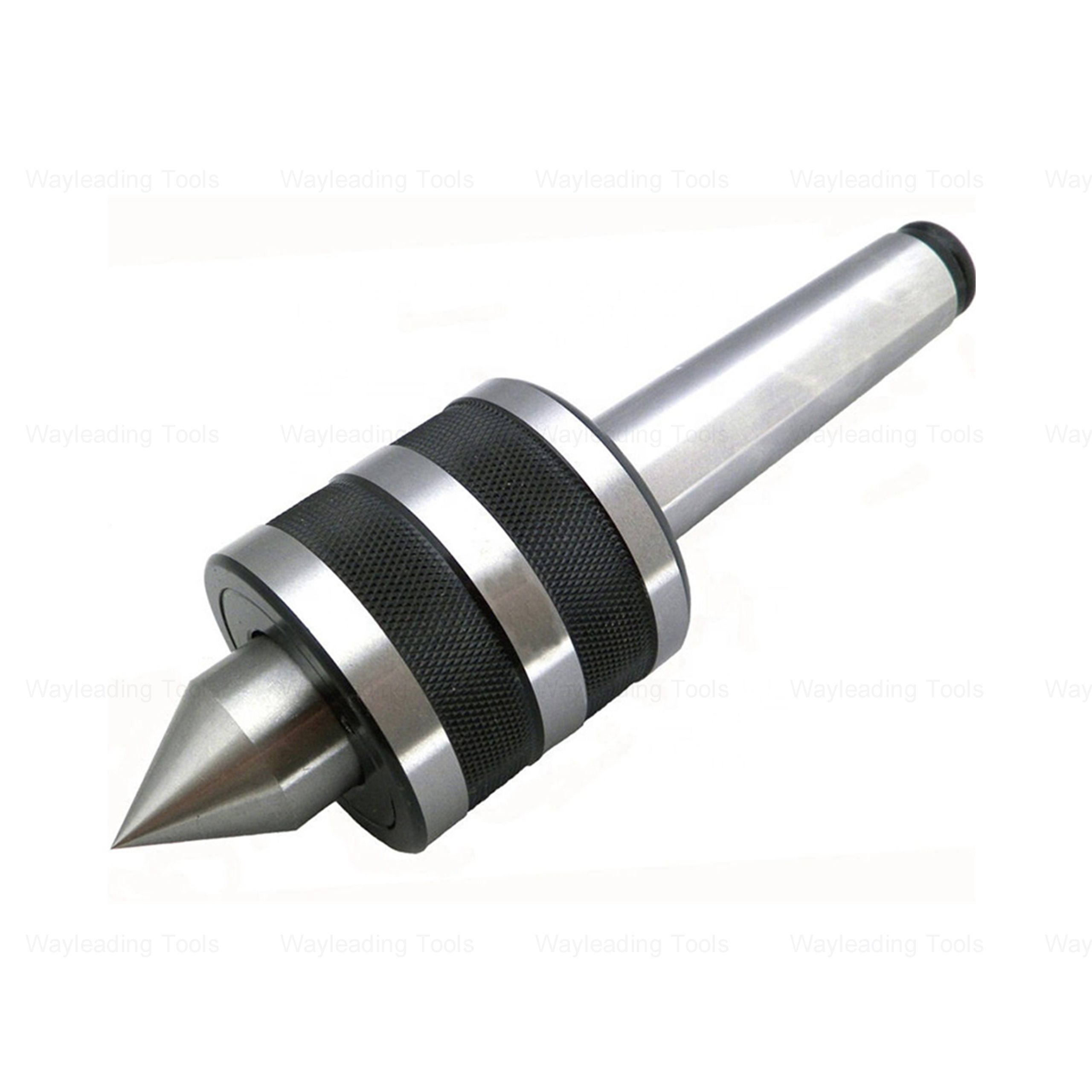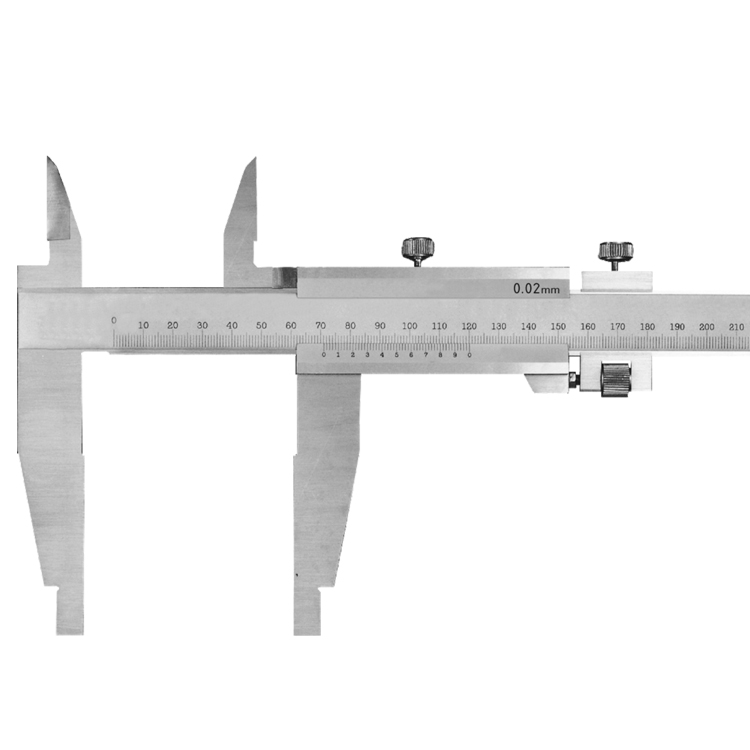Threading Insert Manufacturer
Threading inserts are vital components used to create strong, reusable threads in softer materials like aluminum, magnesium alloys, and plastics. Choosing the right threading insert manufacturer is crucial for ensuring the quality and reliability of your final product. This guide explores the key considerations when selecting a supplier, the different types of inserts available, and factors influencing their performance.
Understanding Threading Inserts
What are Threading Inserts?
Threading inserts, also known as threaded inserts or screw thread inserts (STIs), are fasteners used to strengthen threads in parent materials. They are typically made of stainless steel, carbon steel, or brass and come in various sizes and designs. The main purpose is to provide a durable thread in a weaker material, preventing thread stripping and allowing for repeated assembly and disassembly.
Why Use Threading Inserts?
Using threading inserts offers several advantages:
- Increased Thread Strength: Prevents thread stripping in soft materials.
- Thread Repair: Repairs damaged threads, restoring functionality.
- Corrosion Resistance: Protects threads from corrosion, especially when dissimilar metals are used.
- Wear Resistance: Extends the lifespan of threaded connections.
- Reusable Threads: Allows for repeated assembly and disassembly without damaging the parent material.
Types of Threading Inserts
Several types of threading inserts are available, each designed for specific applications:
Wire Thread Inserts (Helical Inserts)
Wire thread inserts, also known as helical inserts, are coiled wire fasteners that create a strong internal thread. They are widely used in aerospace, automotive, and general industrial applications.
- Advantages: Lightweight, self-locking options available, easy to install.
- Disadvantages: Can be more expensive than other types, require specific installation tools.
- Example: Commonly used in aluminum engine blocks and cylinder heads.
Solid Thread Inserts
Solid threading inserts are one-piece fasteners that provide high strength and durability. They are available in various designs, including key-locking, self-tapping, and molded-in types.
- Advantages: High strength, excellent pull-out resistance, suitable for heavy-duty applications.
- Disadvantages: More expensive than wire thread inserts, may require more complex installation.
- Example: Used in heavy machinery, construction equipment, and military applications.
Self-Tapping Thread Inserts
Self-tapping threading inserts cut their own threads as they are installed, eliminating the need for pre-tapped holes. They are ideal for use in plastics and soft metals.
- Advantages: Easy to install, no pre-tapping required, cost-effective.
- Disadvantages: Lower strength than solid inserts, may not be suitable for high-stress applications.
- Example: Used in plastic housings, electronic enclosures, and automotive interior components.
Key-Locking Thread Inserts
Key-locking threading inserts feature keys that lock the insert into the parent material, providing exceptional pull-out resistance. They are commonly used in applications where vibration or shock is a concern.
- Advantages: High pull-out resistance, secure locking mechanism, suitable for vibration-prone environments.
- Disadvantages: Requires specific installation tools, more expensive than other types.
- Example: Used in aerospace components, engine mounts, and industrial machinery.
Choosing the Right Threading Insert Manufacturer
Selecting the right threading insert manufacturer is crucial for ensuring the quality and reliability of your threaded connections. Consider the following factors:
Quality and Certifications
Ensure the threading insert manufacturer has a robust quality control system and holds relevant certifications, such as ISO 9001. These certifications demonstrate a commitment to quality and consistency in manufacturing processes.
Material Selection
The material of the threading insert is critical for its performance. Common materials include:
- Stainless Steel: Offers excellent corrosion resistance and strength.
- Carbon Steel: Provides high strength and is suitable for general-purpose applications.
- Brass: Offers good corrosion resistance and is often used in electrical applications.
- Exotic Alloys: Used in demanding environments requiring high temperature or chemical resistance (e.g., Inconel, Hastelloy).
Manufacturing Capabilities
Consider the manufacturer's capabilities in terms of:
- Production Volume: Can they meet your production requirements, whether small-batch or high-volume?
- Customization: Do they offer custom threading insert designs to meet specific needs?
- Lead Time: What is their typical lead time for order fulfillment?
Industry Reputation and Experience
Choose a threading insert manufacturer with a proven track record and positive customer reviews. Look for manufacturers with extensive experience in the industry and a reputation for delivering high-quality products.
Cost Considerations
While cost should not be the sole determining factor, it's essential to consider the overall cost-effectiveness of the threading inserts. Compare prices from different manufacturers, taking into account quality, performance, and lifespan.
Installation Methods
Proper installation is critical for ensuring the performance of threading inserts. Follow the manufacturer's instructions carefully. Common installation methods include:
- Manual Installation: Using hand tools to insert the threads.
- Power Tool Installation: Using pneumatic or electric tools for faster and more consistent installation.
- Molded-In Installation: Embedding the insert during the molding process (for plastics).
Applications of Threading Inserts
Threading inserts are used in a wide range of industries and applications, including:
- Aerospace: Aircraft engines, structural components, and interior fittings.
- Automotive: Engine blocks, cylinder heads, suspension components, and interior panels.
- Electronics: Electronic enclosures, circuit boards, and connectors.
- Medical Devices: Surgical instruments, implants, and diagnostic equipment.
- Industrial Machinery: Heavy equipment, machine tools, and automation systems.
Maintenance and Care
To ensure the longevity of threading inserts, follow these maintenance tips:
- Regular Inspection: Periodically inspect threaded connections for signs of wear or damage.
- Proper Lubrication: Apply lubricant to threads to reduce friction and prevent corrosion.
- Torque Control: Use a torque wrench to tighten fasteners to the specified torque value.
Finding a Reliable Threading Insert Manufacturer
When searching for a threading insert manufacturer, consider these strategies:
- Online Directories: Use online directories to find manufacturers specializing in threading inserts.
- Trade Shows: Attend industry trade shows to meet manufacturers and see their products firsthand.
- Referrals: Ask for referrals from colleagues or industry experts.
- Online Research: Conduct online research to compare manufacturers and read customer reviews.
Wayleading Tools: Your Partner for Quality Threading Inserts
At Wayleading Tools, we understand the importance of reliable threading inserts. As a leading provider of precision tooling and fasteners, we offer a wide range of threading inserts to meet the diverse needs of our customers. Our commitment to quality, innovation, and customer satisfaction sets us apart. Contact us today to discuss your threading insert requirements and experience the Wayleading Tools difference.
Wayleading Tools, with 10 years of experience, specializes in providing high-quality threading insert solutions. Our experienced team can assist you in selecting the correct inserts for your specific application. From standard sizes to custom designs, we are dedicated to providing solutions that meet your needs, ensuring optimal performance and longevity of your threaded connections. Learn more about our custom options on our website.
Conclusion
Choosing the right threading insert manufacturer is essential for ensuring the quality, reliability, and longevity of your threaded connections. By considering factors such as quality, material selection, manufacturing capabilities, and industry reputation, you can find a partner who will meet your specific needs. Whether you need wire thread inserts, solid thread inserts, self-tapping inserts, or key-locking inserts, selecting a reputable manufacturer will ensure the success of your project.
Related products
Related products
Best selling products
Best selling products-
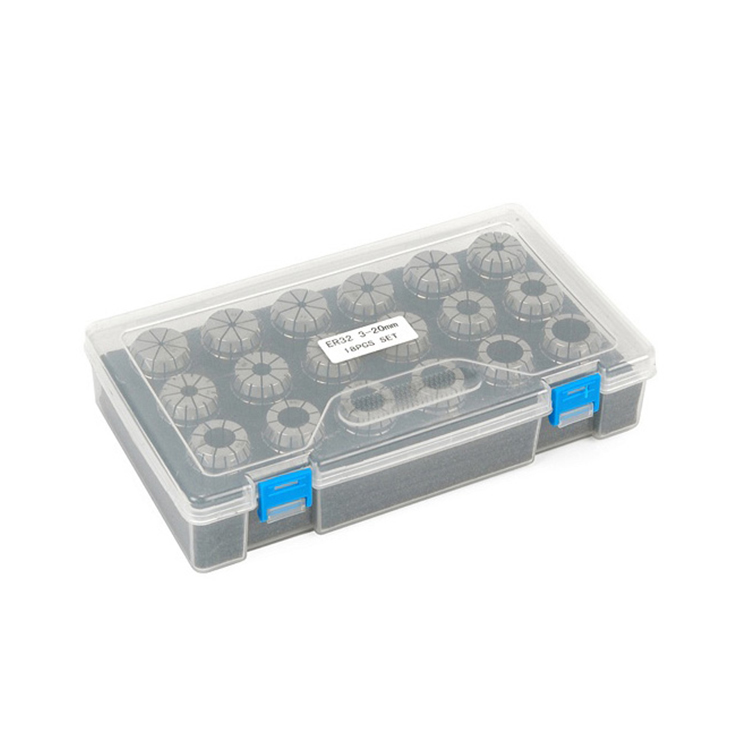 ER Collet Set With Hight Precision Milling
ER Collet Set With Hight Precision Milling -
 Round Die Wrench For Thread Cutting Tools
Round Die Wrench For Thread Cutting Tools -
 DIN338 HSS Twist Drill Bit Fully Ground Or TiN Coated
DIN338 HSS Twist Drill Bit Fully Ground Or TiN Coated -
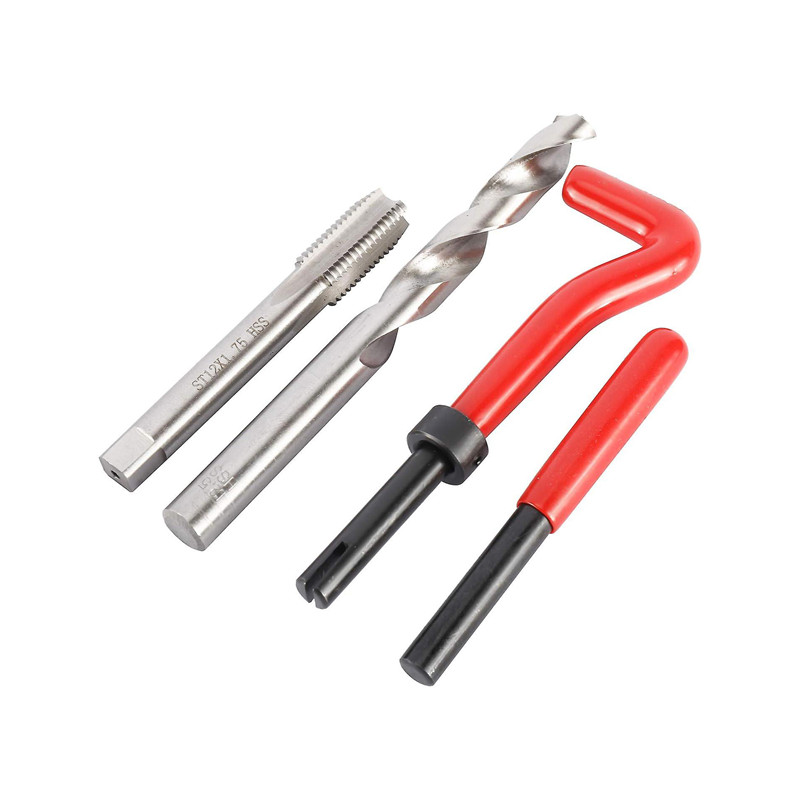 131PCS Thread Repair Set And Helicoil Type Thread Repair Set
131PCS Thread Repair Set And Helicoil Type Thread Repair Set -
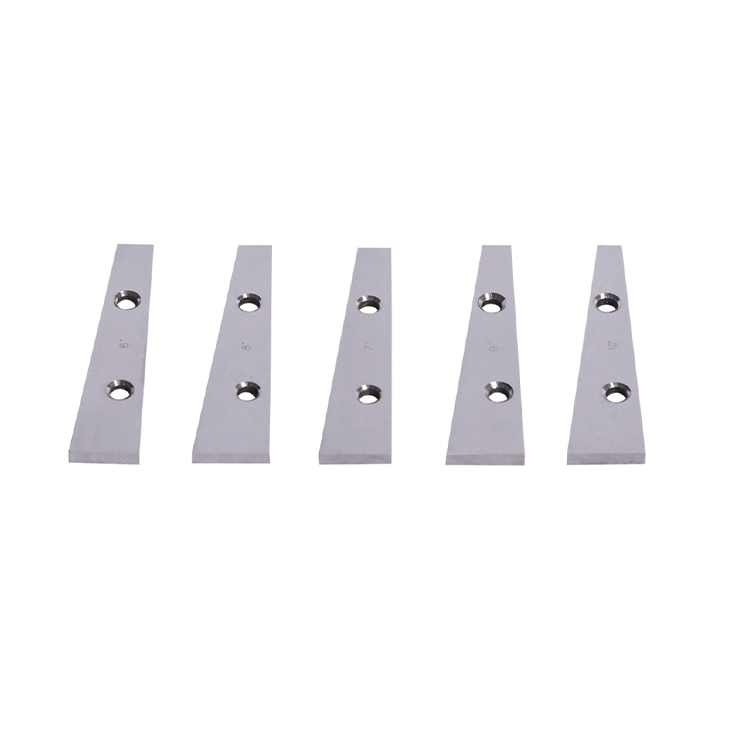 Precision 5pcs & 6pcs Angle Blocks Set With High Quality Type
Precision 5pcs & 6pcs Angle Blocks Set With High Quality Type -
 25PCS DIN338 HSS Twist Drill Bit Set From 1-13mm
25PCS DIN338 HSS Twist Drill Bit Set From 1-13mm -
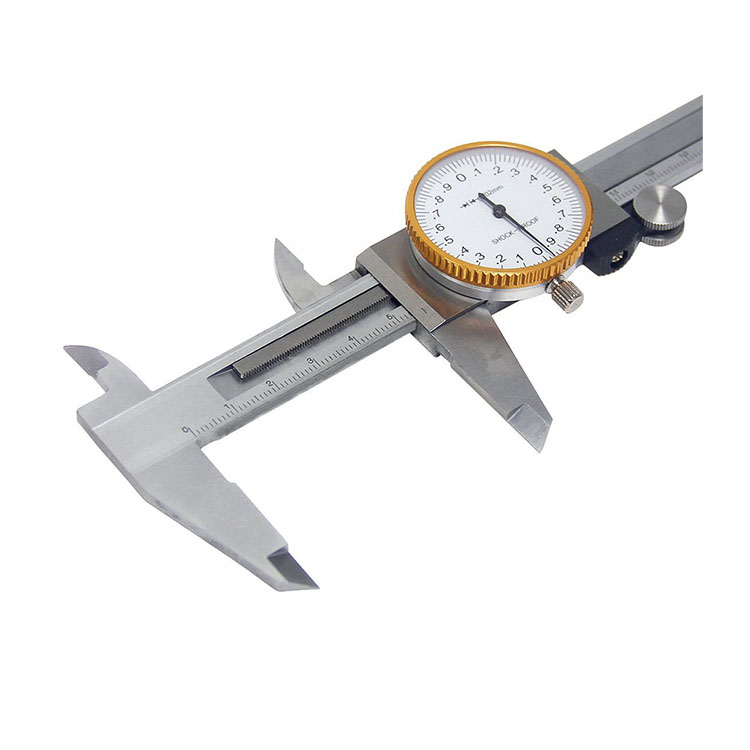 Precision Dial Caliper Of Metric & Imperial For Industrial
Precision Dial Caliper Of Metric & Imperial For Industrial -
 Precision V Block And Clamps Set With High Quality Type
Precision V Block And Clamps Set With High Quality Type -
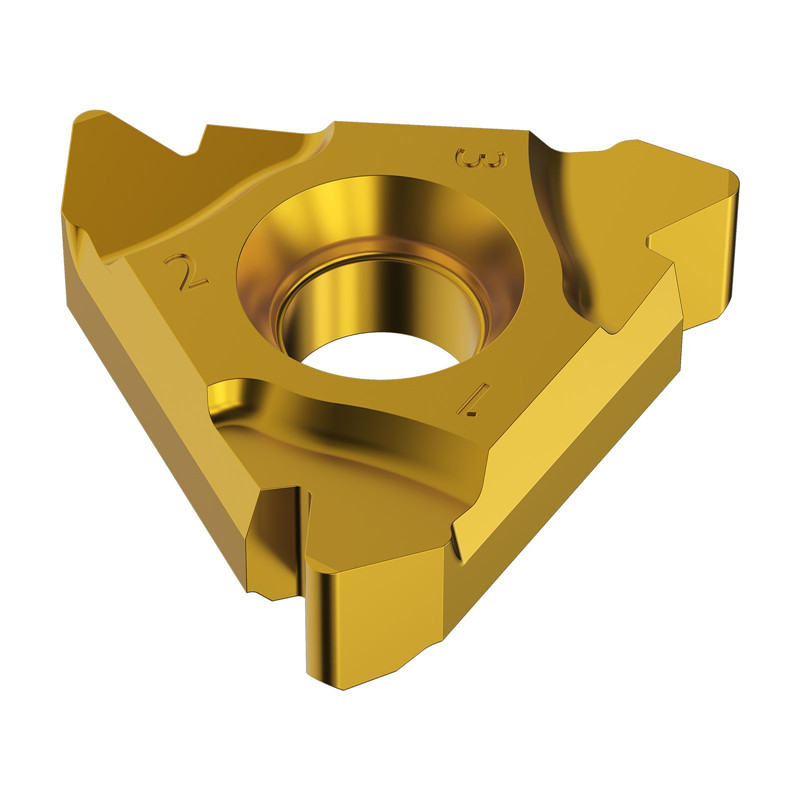 Partial profile 60° Threading Insert With ER & IR Type
Partial profile 60° Threading Insert With ER & IR Type -
 HSS Involute Spline Cutter With PA30
HSS Involute Spline Cutter With PA30 -
 HSS Metric 4 Flute End Mills With Bright Or TiN And TiAlN Coated
HSS Metric 4 Flute End Mills With Bright Or TiN And TiAlN Coated -
 HSS Annular Cutters With Weldon Shank For Metal Cutting
HSS Annular Cutters With Weldon Shank For Metal Cutting
Related search
Related search- indexable drilling cutters Manufacturer
- tool post Suppliers
- SCBC turning tool holder Suppliers
- SSBC turning tool holder Manufacturers
- High-Quality partial profile 60 degree threading insert
- MCBN turning tool holder Factory
- A55 threading insert Supplier
- carbide drilling bits
- vise Factory
- carbide inserts Manufacturers



